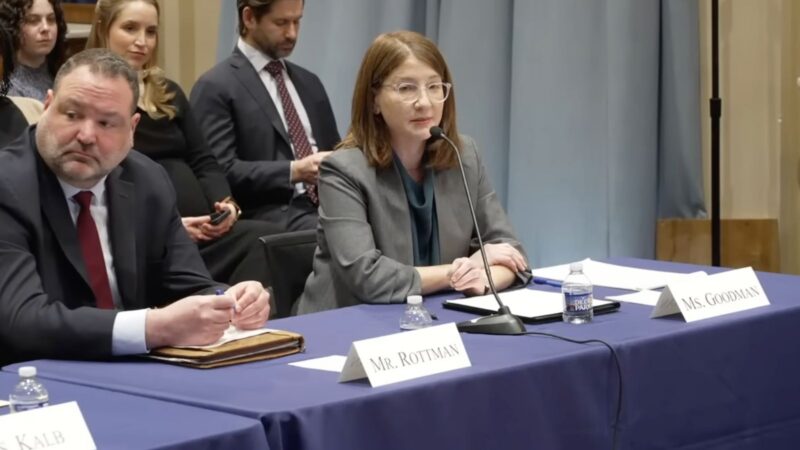Grant Tudor develops and advocates for a range of reforms to shore up our democratic institutions.
There’s a way to fix gerrymandering (and it’s not through the courts)
- May 7, 2023
This article was originally published in The Hill.
In an about-face last week, with a newly elected Republican majority, the North Carolina Supreme Court cleared the way for the Republican-controlled state legislature to further gerrymander its state and congressional districts, reversing a recent ruling. New maps will likely transfer four more House seats to Republicans (for a total of 11 of 14), despite the state’s nearly even partisan leaning.
That such court decisions today can effectively decide party control of our national and state legislatures is a feature of American politics. It is also comparatively rare elsewhere in the world.
Among other democracies, legal challenges to redistricting are more limited, and many countries use independent bodies to draw district lines. But neither fully explain why the U.S. remains saddled with an endemic gerrymandering problem. That’s because the problem is more fundamental. In most democracies, gerrymandering is simply too difficult.
Read the full article in The Hill.
Related Content
Join Us.
Building a stronger, more resilient democracy is possible, but we can’t do it alone. Become part of the fight today.
Donate
Sign Up for Updates Sign Up for Updates
Explore Careers Explore Careers
How to Protect Democracy How to Protect Democracy




